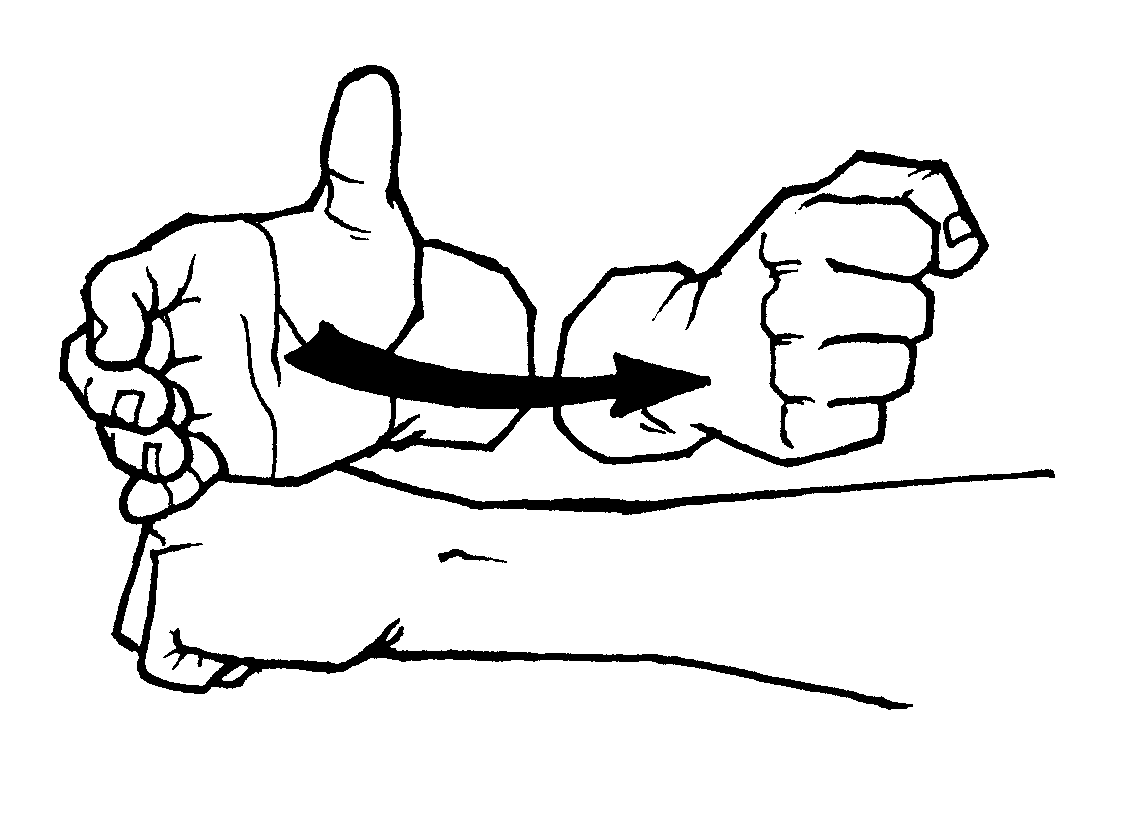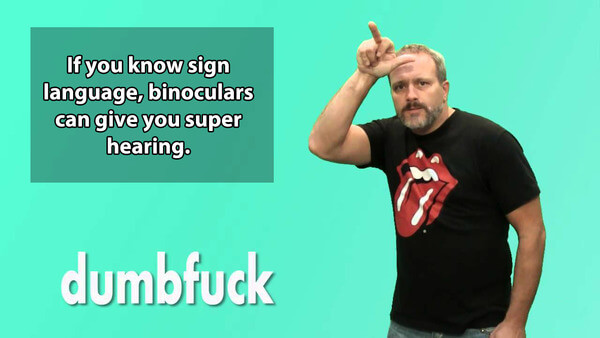

Padden and Humphries comment, “this knowledge of Deaf people is not simply a camaraderie with others who have a similar physical condition, but is, like many other cultures in the traditional sense of the term, historically created and actively transmitted across generations.” The authors also add that Deaf people “have found ways to define and express themselves through their rituals, tales, performances, and everyday social encounters. We distinguish them from, for example, those who find themselves losing their hearing because of illness, trauma or age although these people share the condition of not hearing, they do not have access to the knowledge, beliefs, and practices that make up the culture of Deaf people. The members of this group have inherited their sign language, use it as a primary means of communication among themselves, and hold a set of beliefs about themselves and their connection to the larger society.

We use the lowercase deaf when referring to the audiological condition of not hearing, and the uppercase Deaf when referring to a particular group of deaf people who share a language – American Sign Language (ASL) – and a culture. Over the years, the most commonly accepted terms have come to be “deaf,” “Deaf,” and “hard of hearing.”Īccording to Carol Padden and Tom Humphries, in Deaf in America: Voices from a Culture (1988): However, some people who were born deaf or hard of hearing do not think of themselves as having lost their hearing. Some people believe that the term “people with hearing loss” is inclusive and efficient. Other people identify themselves as “deaf-blind,” which usually indicates that they are deaf or hard of hearing and also have some degree of vision loss. For example, some people identify themselves as “late-deafened,” indicating that they became deaf later in life. How people “label” or identify themselves is personal and may reflect identification with the deaf and hard of hearing community, the degree to which they can hear, or the relative age of onset. There are variations in how a person becomes deaf or hard of hearing, level of hearing, age of onset, educational background, communication methods, and cultural identity. The deaf and hard of hearing community is diverse.

Question - What is the difference between a person who is “deaf,” “Deaf,” or “hard of hearing”?


 0 kommentar(er)
0 kommentar(er)
